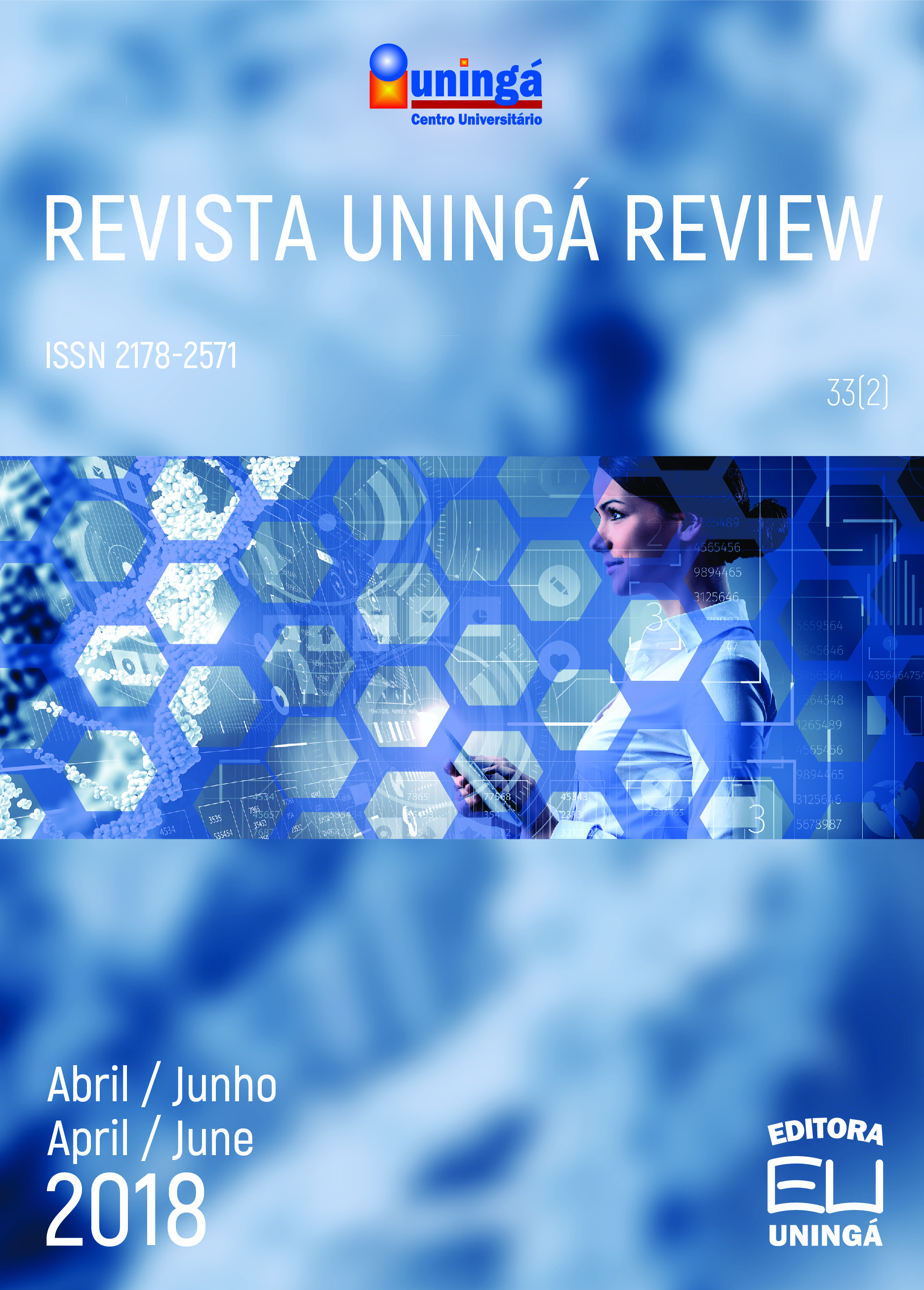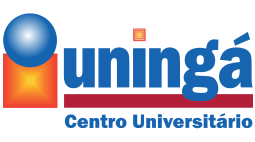CULTURAL DIVERSITY IN RELIGIOUS EDUCATION IN THE PUBLIC SCHOOLS OF PARANÁ: A LOOK AT THE CRITICAL LETTER
A LOOK AT THE CRITICAL LETTER
Keywords:
Religious Education., Afro-Brazilian Culture., Multiple literacy.Abstract
The Brazilian society is constituted by a great cultural miscegenation. During the historical process, ethnic groups such as Indians, Portuguese, Africans, and the arrival of immigrants (non-blacks) in the twentieth century contributed to the formation of Brazilian society. This article aims to identify the participation of the Religious Education (RE) discipline of public schools in Paraná and what contributions in the presentation of new religious cultures. It is intended, from the theories on literacy and education, to show the importance of a teaching that not only accepts, but also to value the social practices of language usage that these plural individuals bring to the classroom. Faced with the recognition of these multiple literacies, it is intended to contribute to the reduction of intolerance and religious extremism, aiming to apply the concept of critical literacy, in which meanings are co-constructed and shared between teacher and student.
Downloads
Downloads
Published
How to Cite
Issue
Section
License
I declare/we declare that the text submitted here is original, of my own authorship and does not infringe any type of third party rights. The content is my/our sole responsibility. Possible research involving animals and/or human beings is in accordance with Resolution 196/96 of the National Health Council and its complements. I declare that I am/we are in possession of the written consent of patients and that the research and its procedures were timely and adequately approved by the Ethics Committee of the institution of origin. We further declare that all institutional affiliations and all sources of financial support for the work are duly informed. I certify that there is no commercial or associative interest that represents a conflict of interest related to the submitted work. If there is commercial interest, in addition to the technical and academic ones, in the publication of the article, the information will be reported during the text.







































